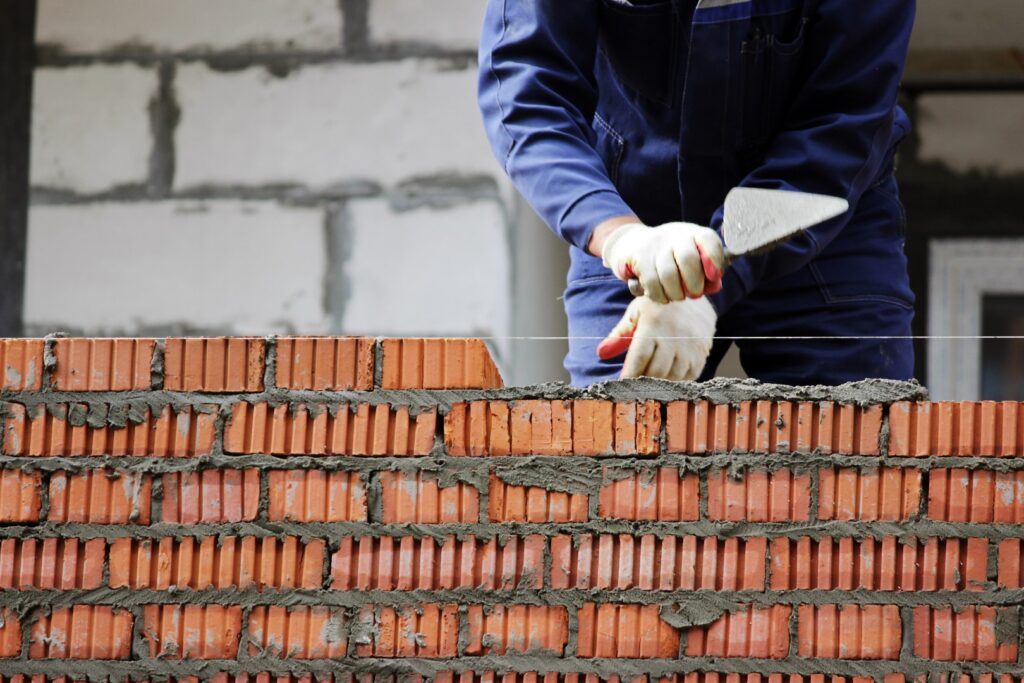
The UK housing market has hit various stumbling blocks over the months and years, with the perceived state of the market often changing depending on which news source you read.
Whether that stumbling block comes in the form of young people unable to enter the market, landlords not getting enough returns on their property or simply not enough homes being built, at some point you’re likely to have heard about some issue or another; but what’s the reality?
It’s multifaceted, but something that’s worth clarifying for those in rented accommodation and landlords. It’s something that’s likely to affect your future plans regardless of which category you fall into.
Undeniably, it’s becoming more difficult for first time buyers to get a foot on the property ladder due to rising property values and less than impressive government help schemes, housebuilding itself isn’t having a particularly direct effect, at least statistically.
House prices in the UK have been rising for a number of years and rather than this issue alone having direct consequences for first time buyers, the reality is that relatively slow wage growth has stunted ability to buy. This, coupled with the stricter lending criteria set by banks following the financial crash of 2008, has meant that the ability to save up for a deposit, particularly in London, has been reduced almost terminally.
In terms of its relation to inflation, the rate at which the price of everyday goods and services grow, wage growth has been flat or stagnant almost continually since the financial crash of 2008. The UK hit wage growth of 6.6%, an all-time high, in 2007, but the years proceeding that saw an all-time low of almost -3% relatively.
It was revealed in September that inflation was once again outstripping wage growth, causing Ed Monk, associate director for personal investing at Fidelity International, to say “UK CPI figures showed that inflation had jumped to 2.9% which means that wages are falling further behind the price we pay for goods and services. As a result UK households will continue to have their finances stretched to breaking point.”
Not exactly a ringing endorsement. How is this related to housebuilding, though? In some sectors low housebuilding rates have indeed been seen as a contributing factor to young people’s inability to buy. Is this really such a big issue?
According to the Office for National Statistics latest house building report, released for April to June 2017:
“On a quarterly basis, new build dwelling starts in England were estimated at 41,180 (seasonally adjusted) in the latest quarter, a 3 per cent decrease compared to the previous 3 months and 10 per cent increase on a year earlier. Completions were estimated at 40,310 (seasonally adjusted), 2 per cent higher than the previous quarter and 15 per cent higher than a year ago.”
“Annual new build dwelling starts totalled 164,960 in the year to June 2017, up by 13 per cent compared with the year to June 2016. During the same period, completions totalled 153,330, an increase of 11 per cent compared with last year.”
This perhaps put paid to the allegations that house building is in terminal decline and causing large pressure on other areas of the market. Of course there are reasonable and logical arguments to be had that house building perhaps isn’t high enough, but accusations of declines are disingenuous.
As a home buyer, for the first time, the blame almost certainly lies more justifiably with a decline in wage growth. Whilst house prices steadily increase, as they always have, and particularly hold value more steadily in the uncertain times of Brexit, the simple explanation is that wages just aren’t growing quick enough to keep up.
What effect does this have? It means that young people have to save longer and harder for a house deposit. It also means that demand for the Private Rental Sector (PRS) grows ever quicker. This means for landlords that now is perhaps an ideal time to be increasing their buy-to-let (BTL) portfolio.
Rental growth, capital gains, and yields are all strong right now and if the current climate continues then there’s no reason to expect that to change. Despite tax changes BTL remains very popular and UK property in particular is popular with domestic and foreign investors.
Until wages begin to match inflation and property price growth then housebuilding will have an absolutely minimal impact on that.




